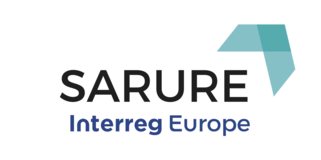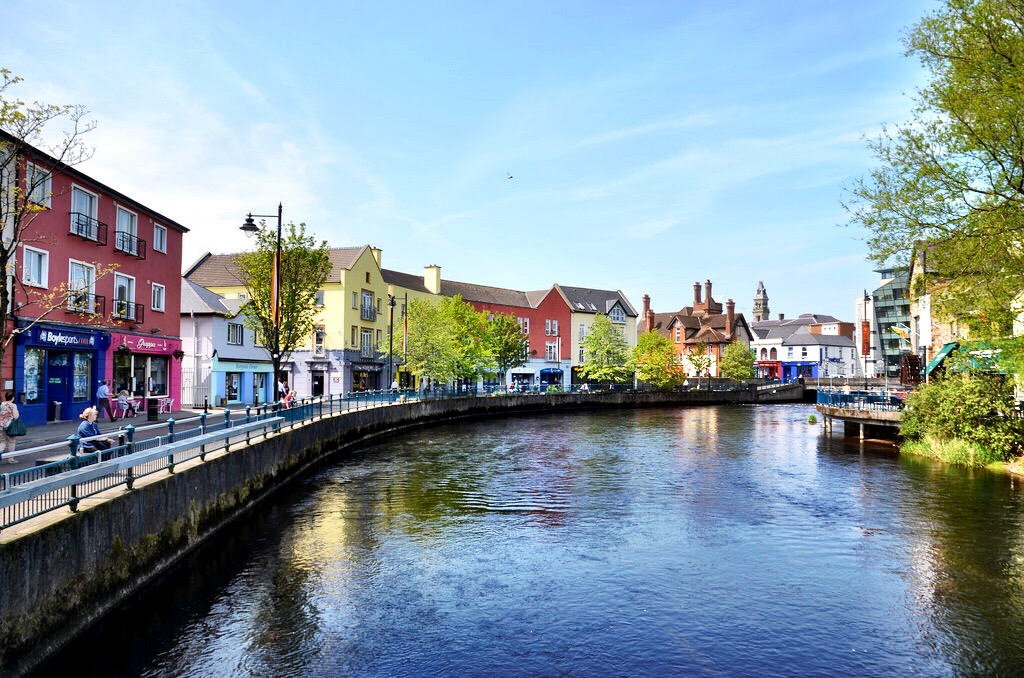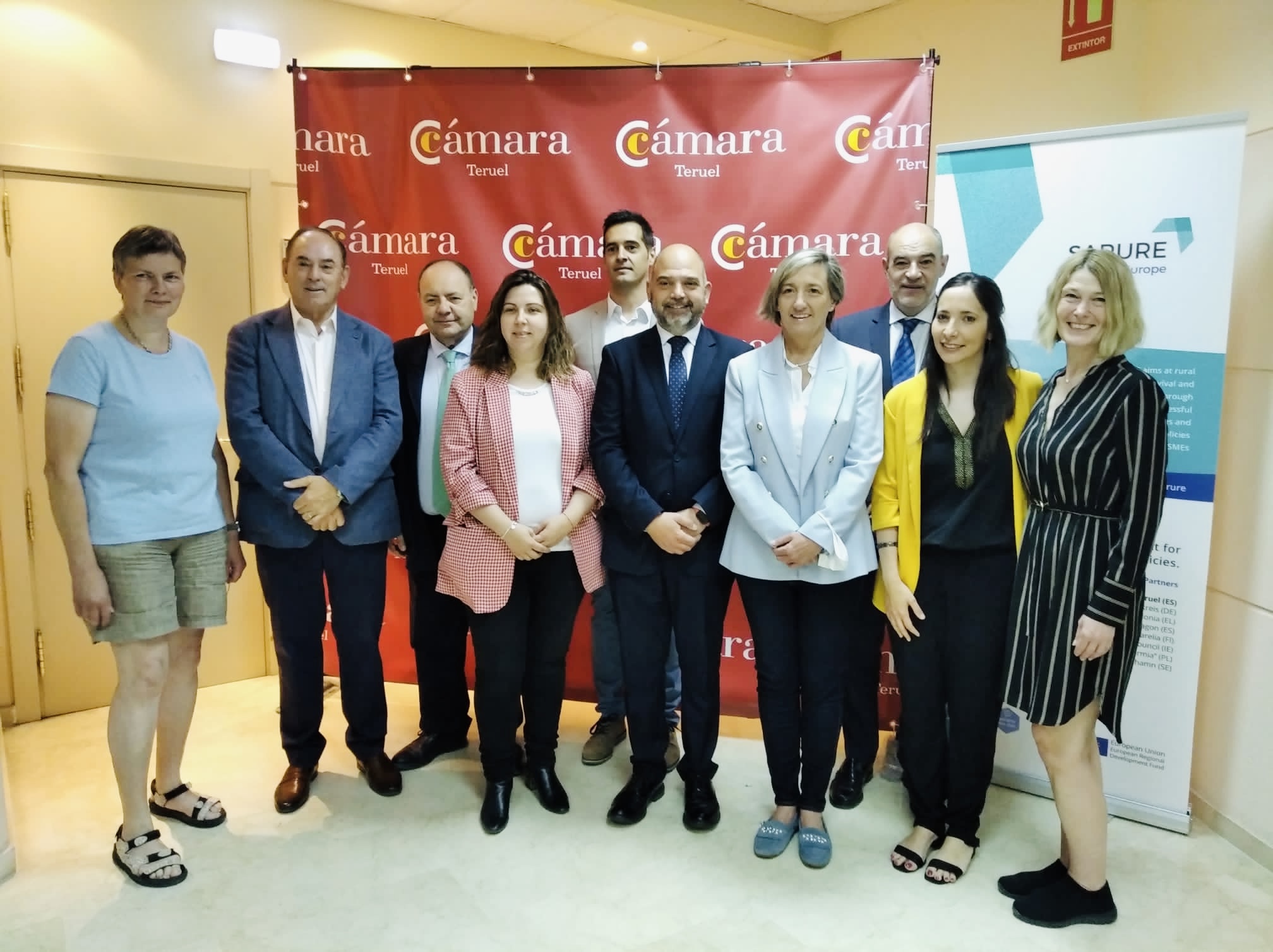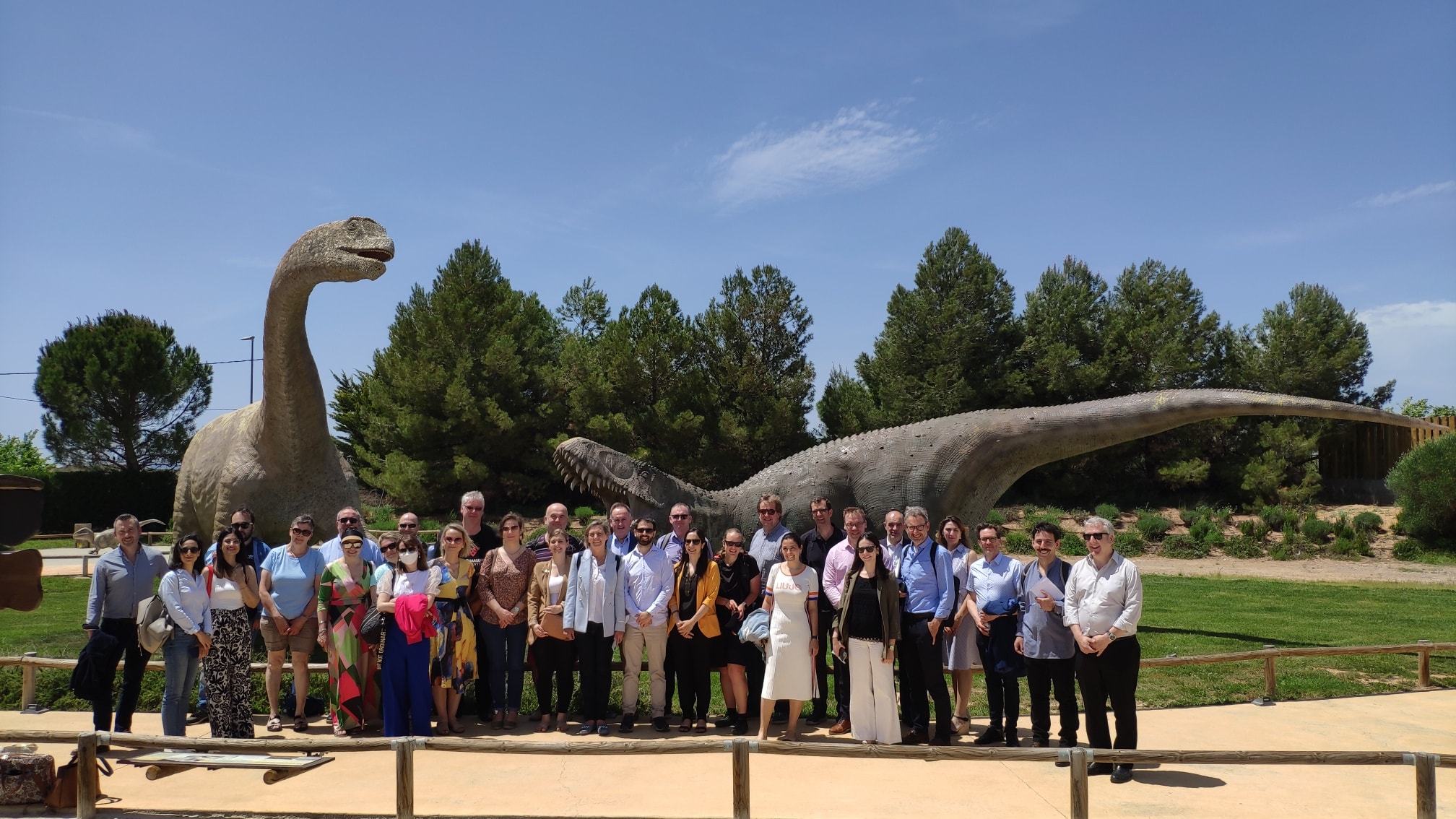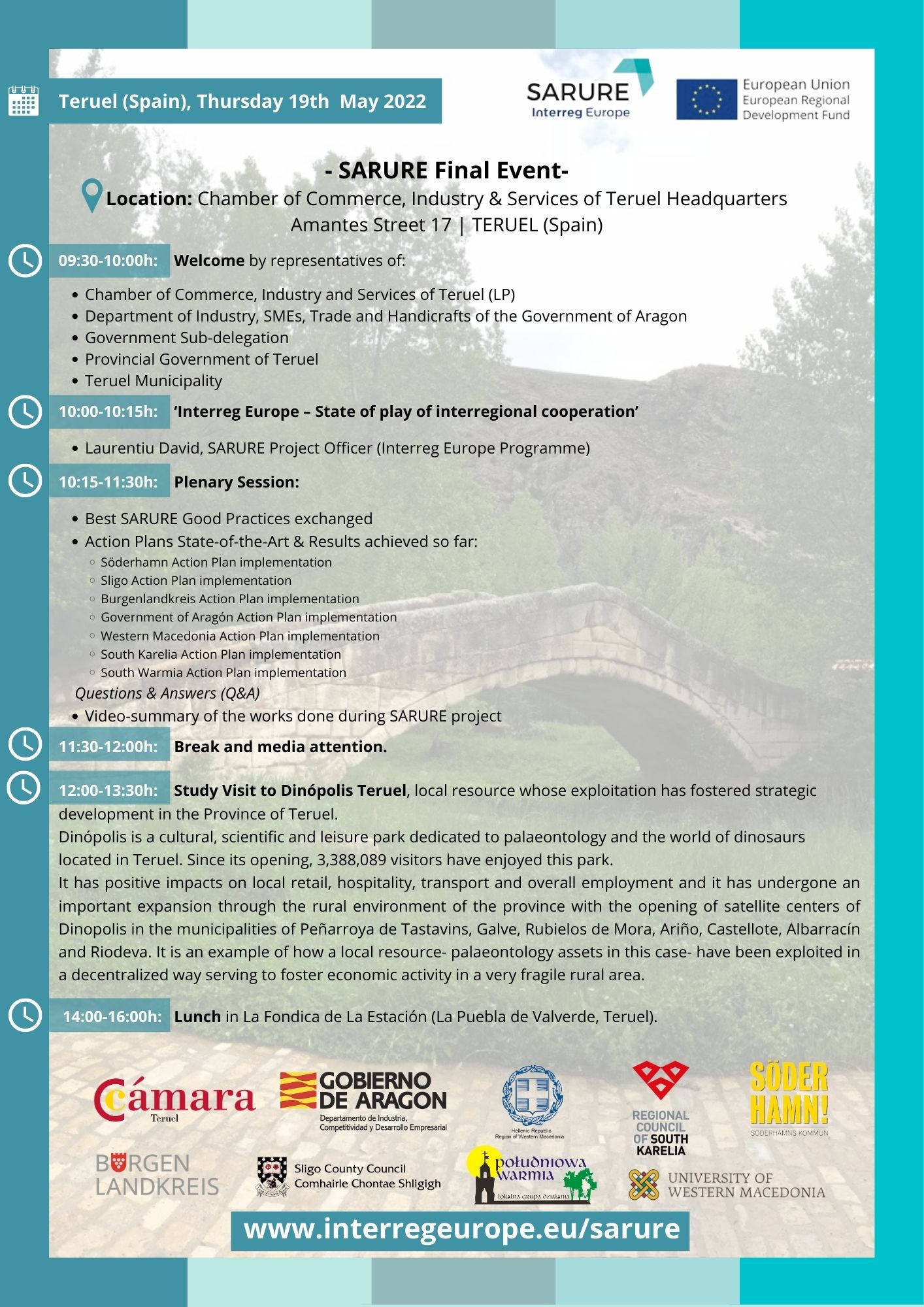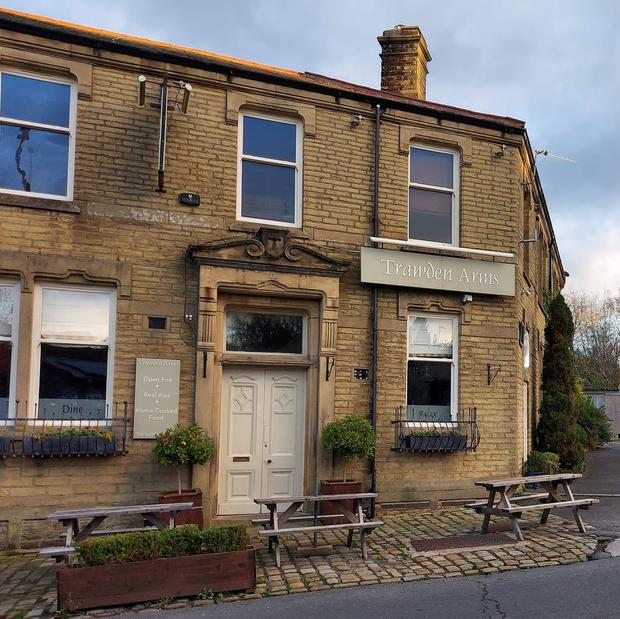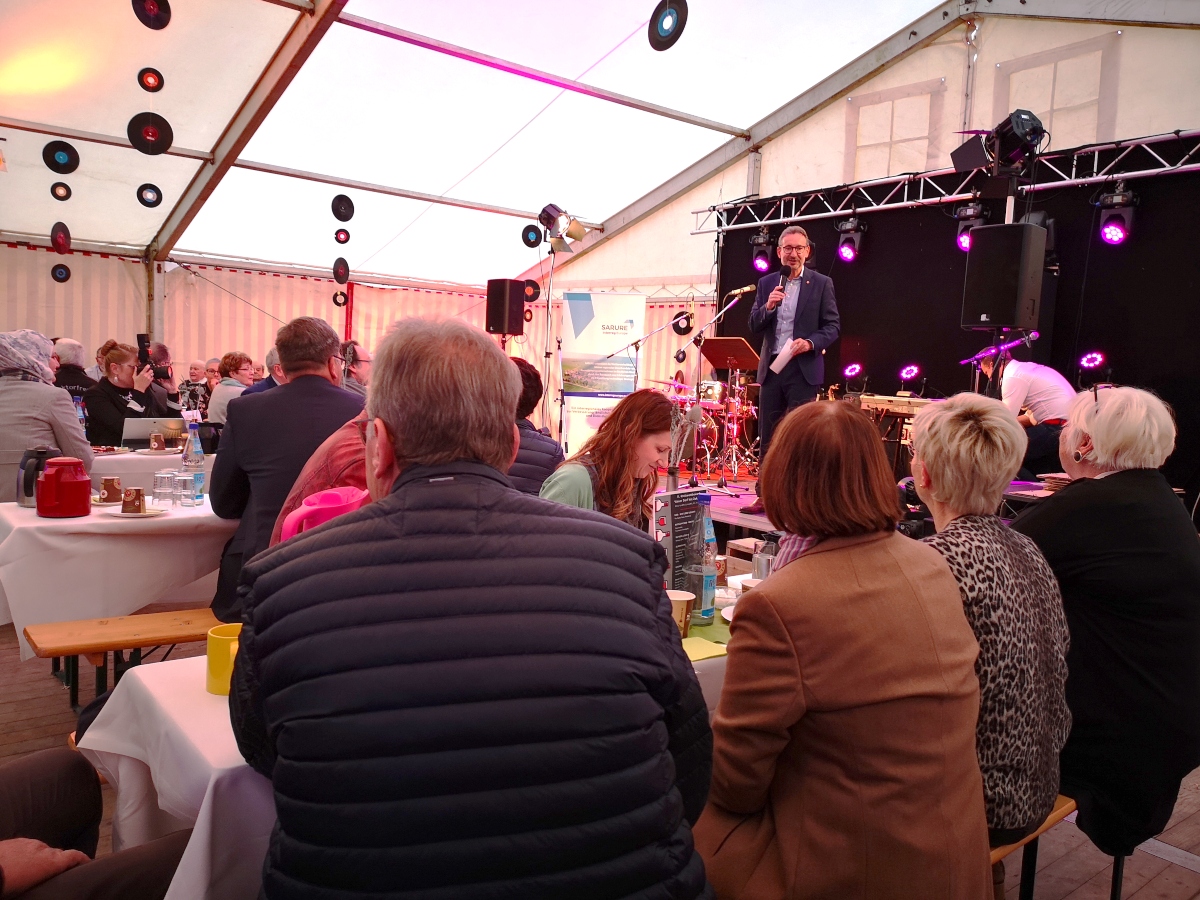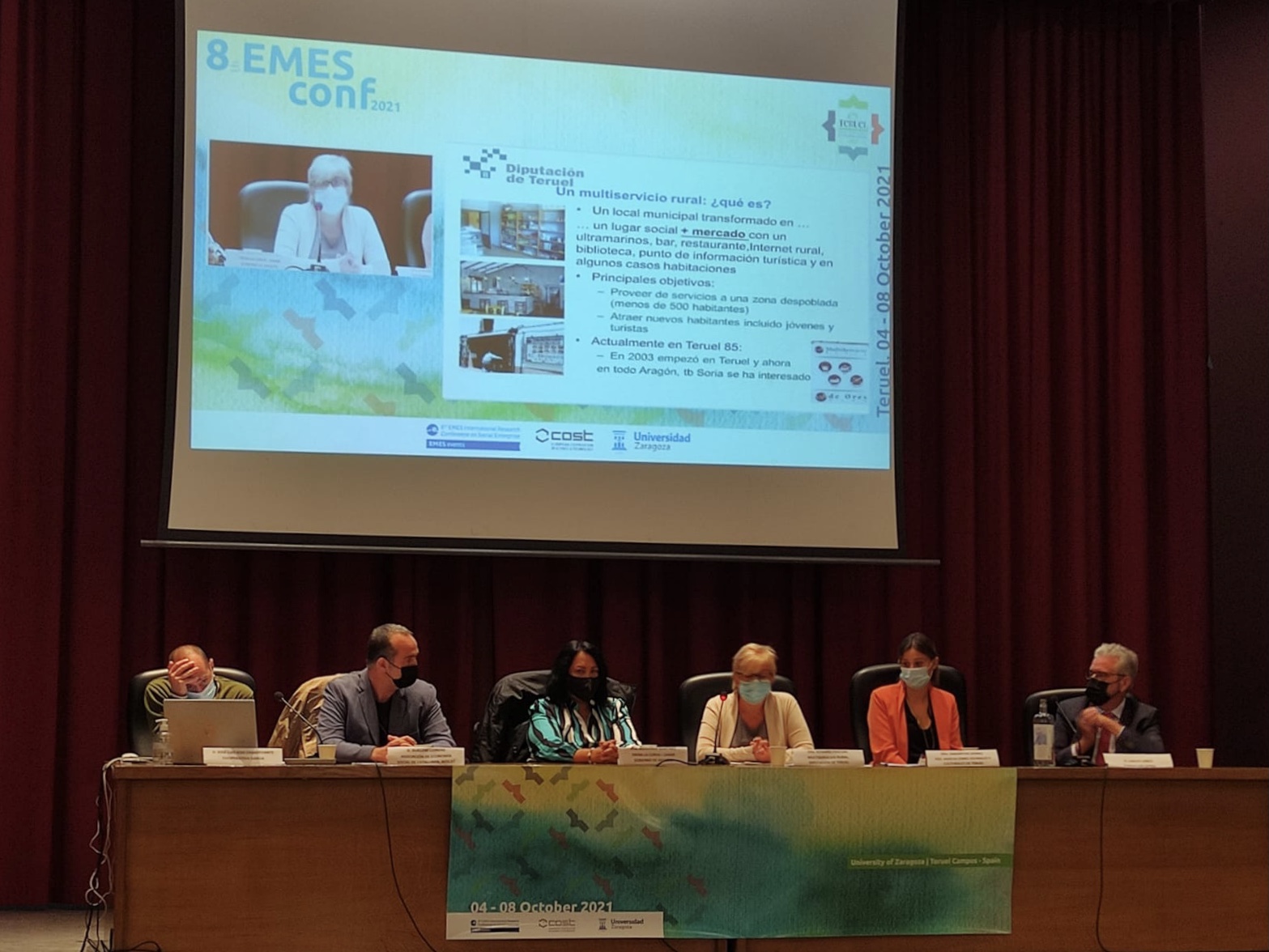The 25th and 26th September 2019 we celebrated another SARURE project meeting in Söderhamn (Sweden) where we exchanged 11 Good Practices about 'Potential of ICTs in rural retail SMEs'. We counted, apart from the partners themselves, with guest speakers and also stakeholders in the exchange of experiences session.

- 2 Study Visits took place during the afternoon:
- First, to the Service Point (Multiservice Shop) in Trönö village. Partners were explained in detail the work the local community has done to save the local shop, which is a Service Point (Multiservice Shop) now.
- After, Ranbogården Country House and organic farm was visited. This business is using “Local Food Nodes” digital platform as a tool to sell their products.
- Study visits to Service Points are of high interest for the partners as most of them are running different kinds of Multiservices Shops locally, so that these visits are very useful to them all to see different possibilities, formulas and business lines for such businesses, what might eventually lead to improvements of the different local experiences. Moreover, some partners are planning the opening- in the short run- of Multiservices Shops locally, so that these study visits are of the utmost importance for them to find inspiration.
- Day 2 started with another interesting Study Visit: to another type of Service Point (Multiservice Shop). This Service Point is using the premises of a closed mall, is being run by a different chain and there are two another businesses besides: a second-hand business and a cafeteria as well. Partners interacted with the manager to know the details of this specific Multiservice Shop.
- After the Study Visit, the partners went to Söderhamn Municipality premises for some indoor sessions there:
- The presentation of the conclusions of the mapping analyses produced (developed by Lead Partner through a comparative analyses of all the individual reports).
- The debate on commercial times and approaches for sales, which revealed substantial differences between countries and served to the different businesses support managers for reflection.
- The explanation on how to submit Good Practices into the Interreg Europe system and also on how to report local developments produced thanks to the cooperation (policy instruments reports on the part of every partner).
- The bilateral tutorials to revise the state-of-the-art for communication, technical and financial fields and
- The project Steering Committee.
We share a video-summary with memories of these great days in Sweden and the interviews to some of our experts and stakeholders.
